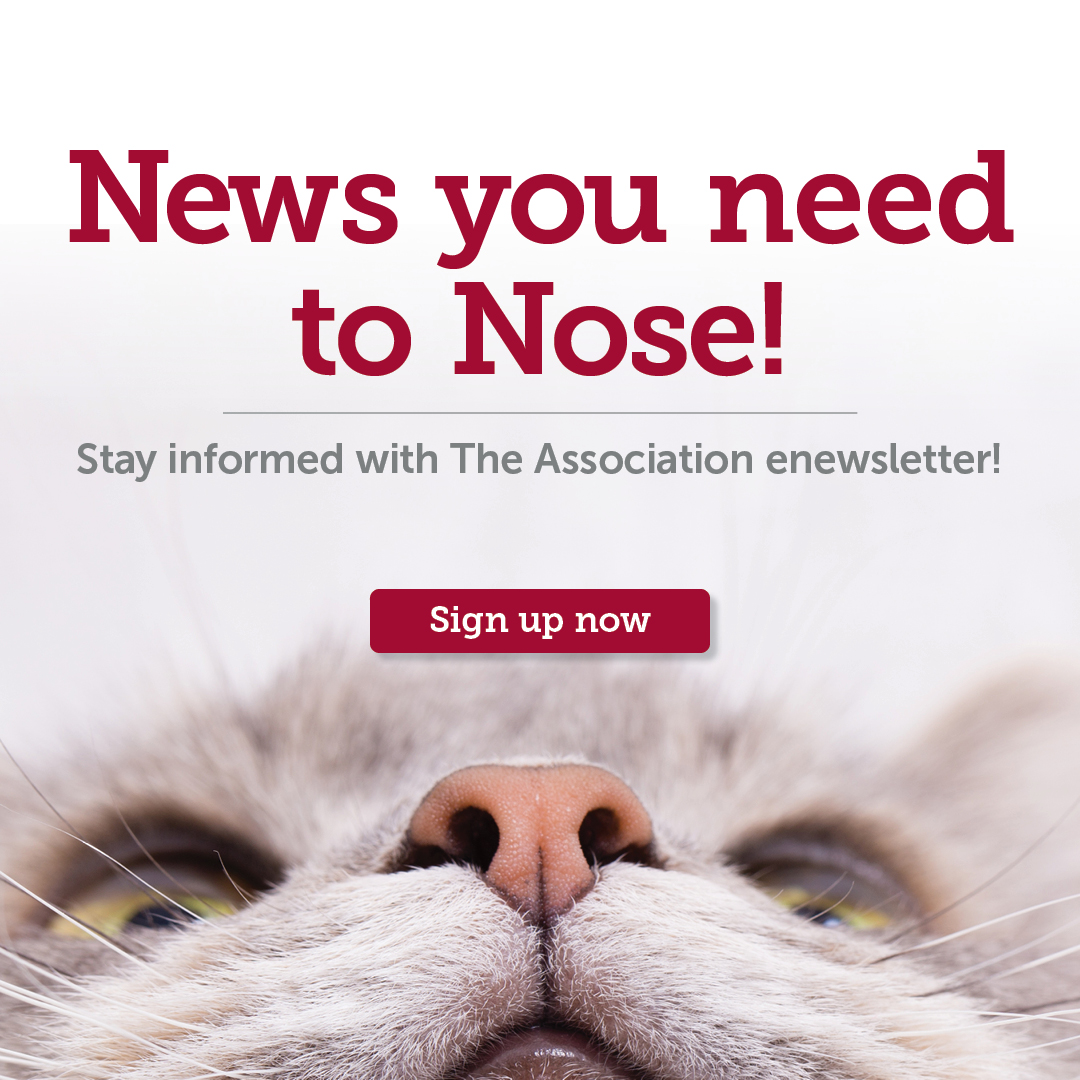News, ideas & inspiration from industry leaders

The Roundtable Recap: 4 Top COVID-19 Takeaways
Last week hundreds of you joined us for the first in our Roundtable series, sponsored by Boehringer Ingelheim and featuring leaders in the field discussing emerging and critical issues in animal welfare. We were glued to our seats listening to Dr. Robin Brennen, Vice President, Animal Health and Welfare, Animal Care Centers of New York City; Ann Graves, Director of Seattle Animal Shelter, and Matt Pepper, President & CEO of Michigan Humane Society, share what it was like to lead a team based in a COVID-19 hot spot. Here are 4 of their top takeaways:
Take a Breath and Assess
While we’re not out of the woods yet, the worst of the wave is over in Detroit, Seattle, and New York City, giving these organizations a much-needed breather.
“We’re more in response mode now,” shares Brennen. “In the first two weeks, we did feel overwhelming anxiety, but now we have a little time to stop and think. We’re not waking up to a thousand people dying every day, so now we’re assessing the plan we put in place.” If your community executed a crisis response, Brennen recommends you do the same. “Take a look at what you did and start to write it down.”
Lean On and Learn from Your Colleagues
Pepper shares some important advice to those in places not as nearly impacted as the hot spots: “No community can assume it can’t happen to them, but now you have people who have been through it — reach out to us!”
Adds Graves, “Learn from us! Take the information that is coming out and be ready.”
The learning goes the other way, too. Both New York City and Seattle benefited early on from, says Brennen, “the important resources being turned out by those not in the middle of panic.” In particular, she cites the SOPs for wearing PPE and dealing with animals from homes with COVID-19-positive residents.
Graves gives a shout-out to the Daily Digest, the collaborative email communication that compiles and curates the most up-to-date info and resources. “That was huge,” she says, “centralizing such critical factual information.” (P.S. Sign up here for the Daily Digest if you’re not already receiving it.)
Identify and Focus on Those Who Need Help Most
“This is a marathon,” Graves cautions. “We don’t know what’s next, but we have to recognize the level of impact on underserved communities.”
“The consequences of COVID-19 go far,” adds Pepper. “The poverty rate in Detroit is 37.9% — and with COVID, even more people are displaced. We are seeing people dying in their homes for fear of leaving.” It’s crucial to identify who in your community is most at-risk, and build up your services for them.
Address Stress
“Recognize that your team’s stress levels are still above and beyond,” says Graves. “Be sure to commend everyone who is taking care of themselves.”
Concurs Pepper, “We have to stop to think about the stress—there is no getting away from it. It’s at home, too. We’re always asking staff not just how they are doing in the job, but how are you doing personally?”
“I don’t know if we’re 100% managing the stress,” admits Brennen. “But we have an all-staff Town Hall once a week. And snacks help!”
Missed the Roundtable or want to share it with your staff and colleagues? No problem — you can listen to the discussion right here.


